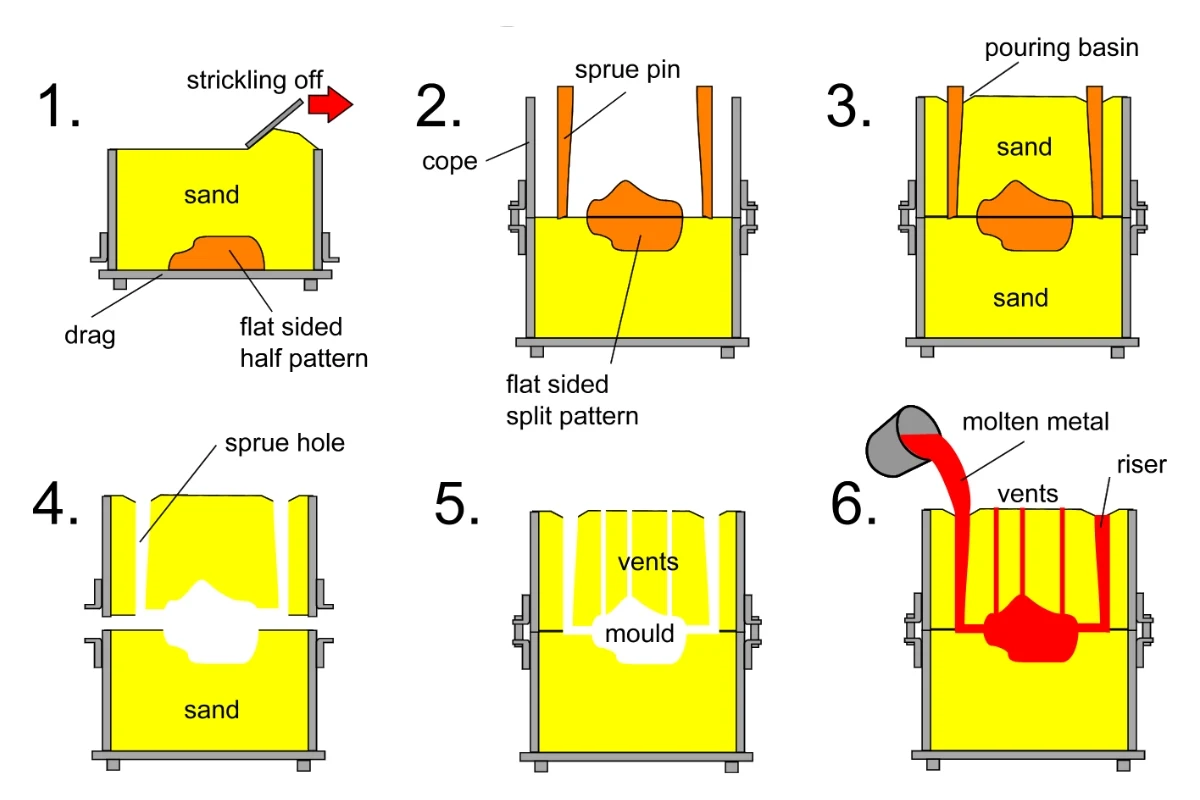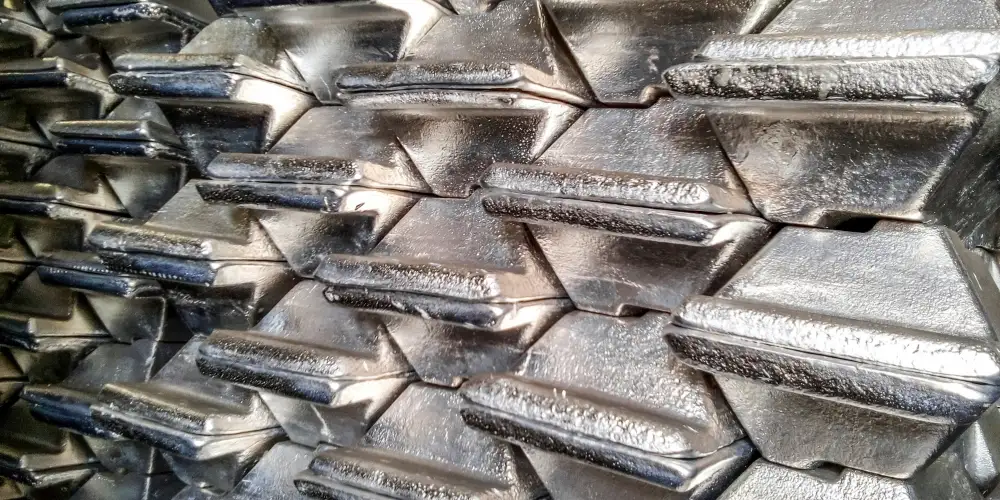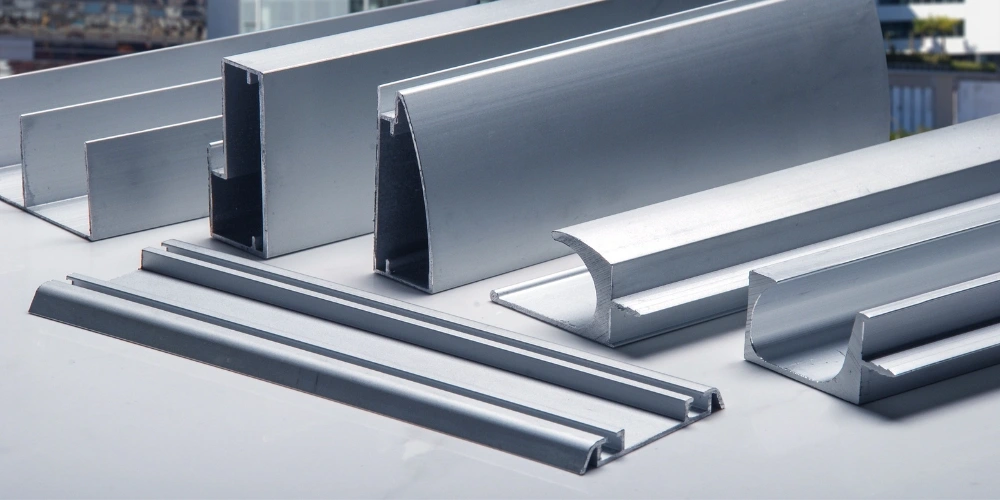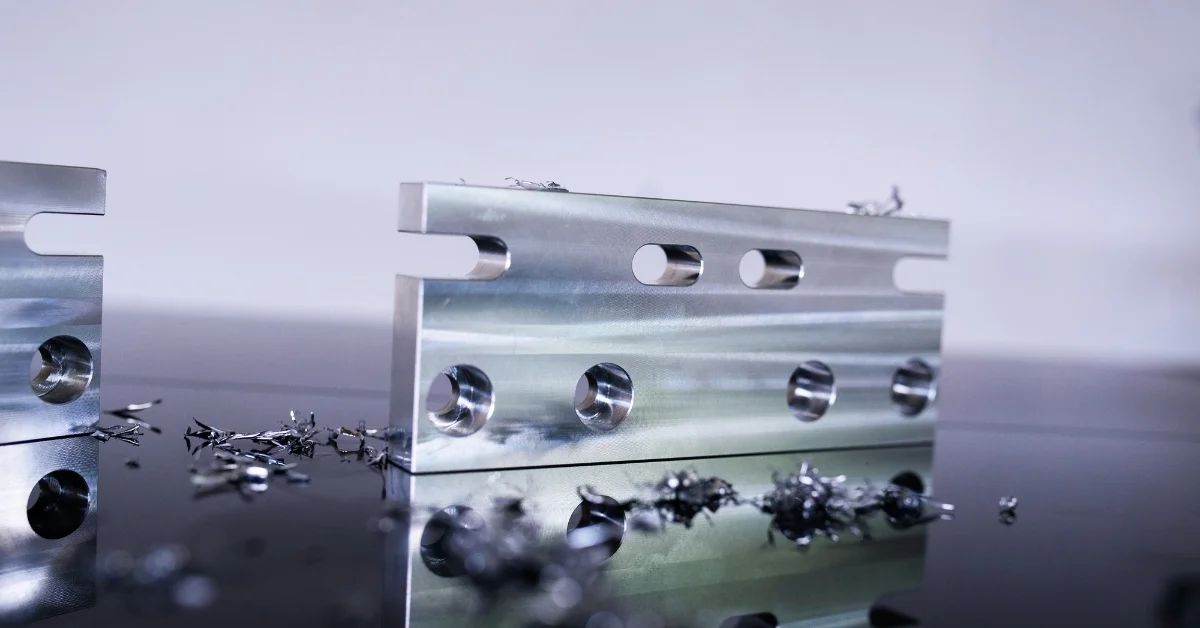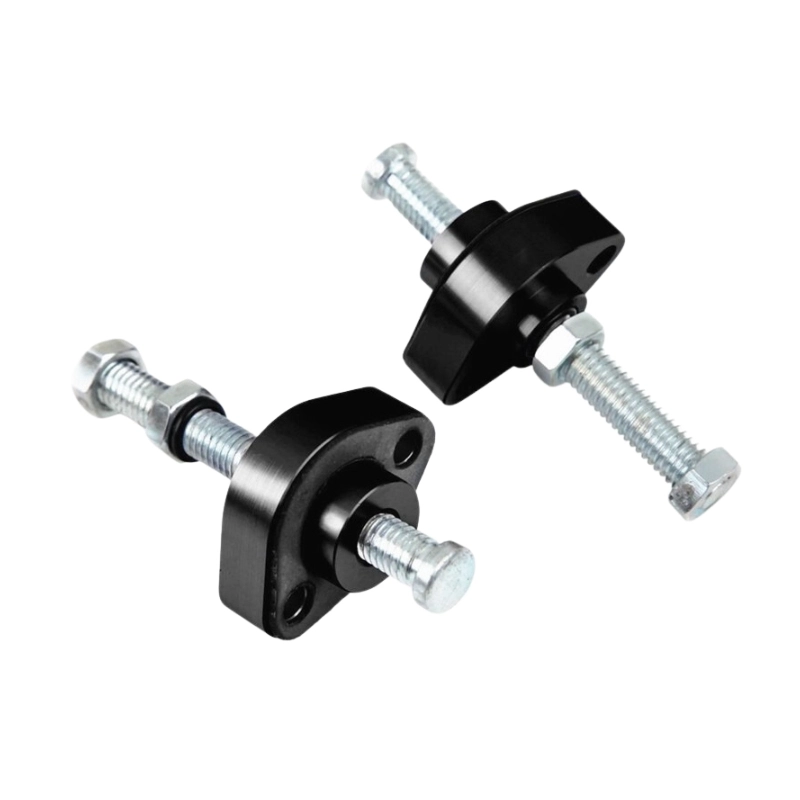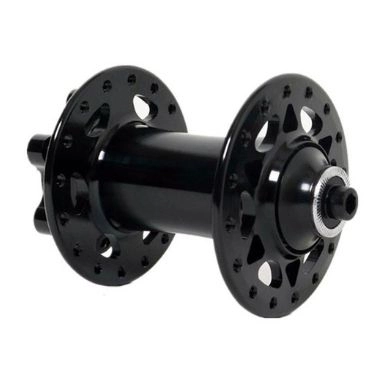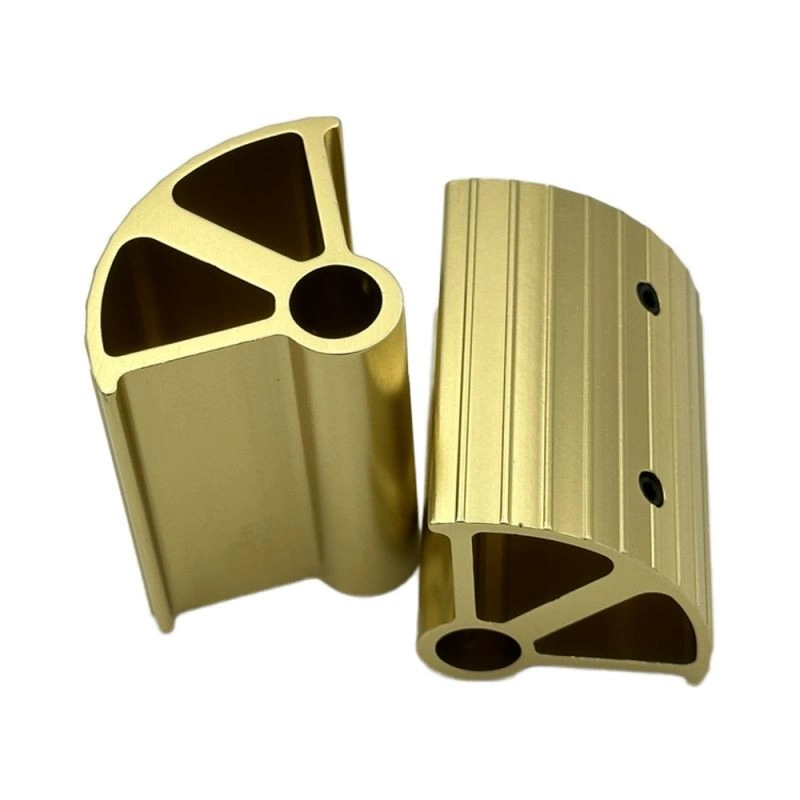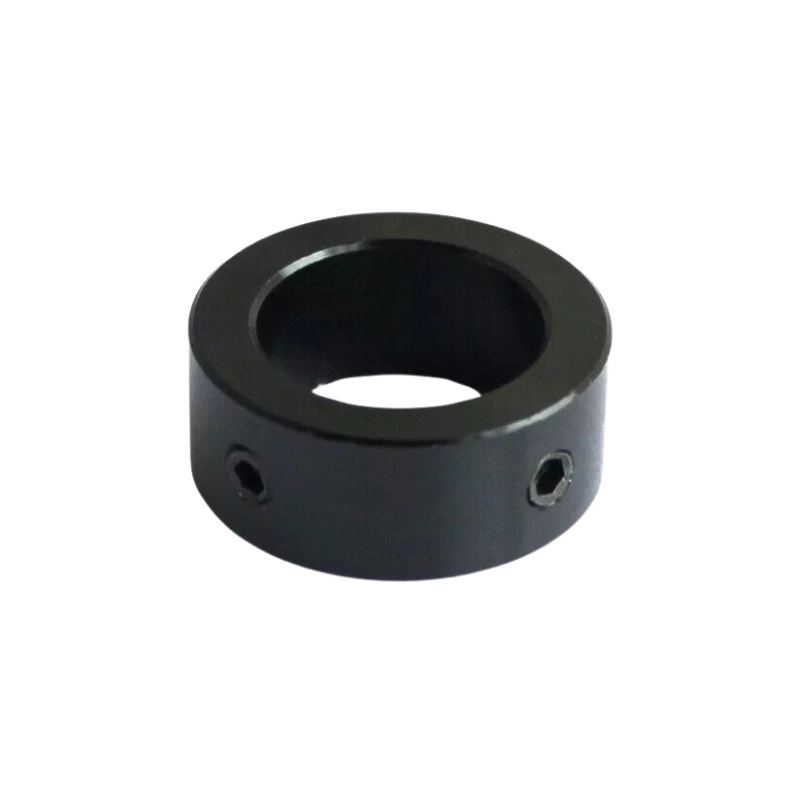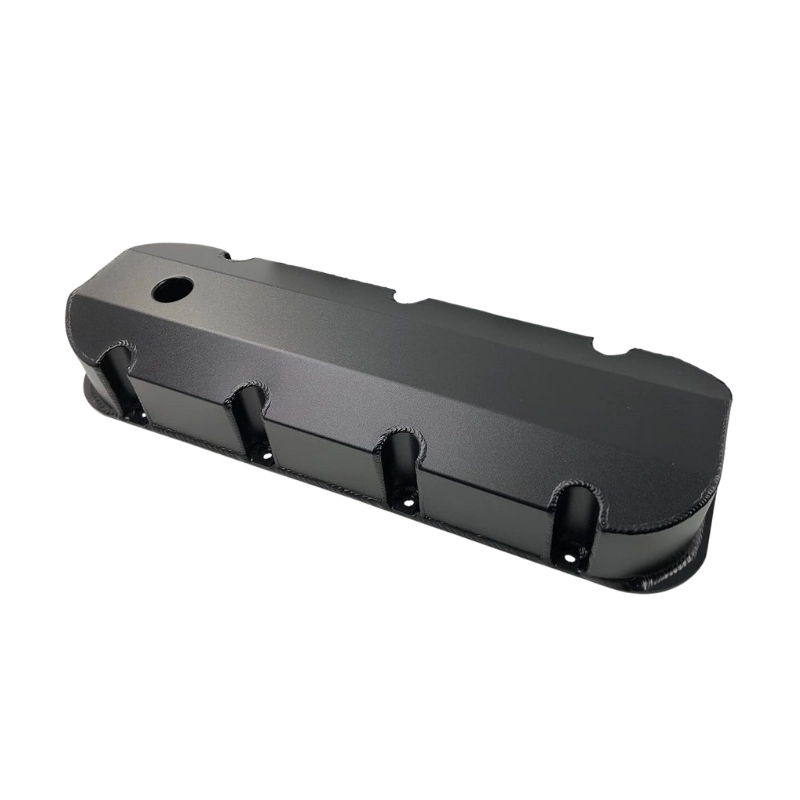For people new in the metal industry, one of the most common questions is: does aluminum conduct electricity? Can you rely on aluminum for electrical conductivity?
In this blog, we’ll learn everything you need to know about aluminum’s electrical conductivity. We’ll also bring a comparison of other metals in terms of electrical conductivity for you to understand it easier.
Understanding Aluminum
Aluminum is a lightweight, silvery-white metal known for its versatility and widespread use. It is derived from bauxite ore, which is refined to produce alumina. Then, it’s further processed through electrolysis to extract pure aluminum.
This metal is highly valued for its exceptional conductivity, resilience to corrosion, and durability, which make it perfect for a variety of industries. People use aluminum in many aspects of modern life, from packaging and building supplies to automotive and aerospace parts.
Does Aluminum Conduct Electricity?
In understanding aluminum’s electricity conductivity, we need to first understand electricity in itself. Electricity, at its core, is the flow of electric charge, which occurs when electrons move between atoms. This movement creates what we “recognize” as an electric current.
Good conductors are materials that readily permit electrons to flow through them, whereas poor conductors are materials that obstruct this flow. Conversely, insulators completely prevent electron mobility.
Aluminum is a strong conductor of electricity, ranking fourth among all metals. While silver and gold lead the list, their high cost makes them impractical for many. Copper is often the best choice, but aluminum is the second-most practical because of the mix of affordability and excellent conductivity.
Does Aluminum Conduct Electricity?
Absolutely. Aluminum being a good electricity conductor, aluminum foil is something that you can also use for the same purpose. Although they’re often fragile for use in the industrial sector, it just shows how excellent aluminum is, that, in many forms, they function and work properly.
Does Aluminum Conduct Heat?
To answer the question, yes, aluminum can conduct heat. Thanks to its high thermal conductivity, it can easily pass on temperature. However, this property is effective only when aluminum is in direct contact with a heat source.
Interestingly, when used as a reflective insulator, it can actually block heat transfer, making it versatile in thermal applications.
Fun Fact: In metals like aluminum, heat conduction is caused by the motion of free electrons. These electrons can move freely within the metal because they aren’t bonded to particular atoms. They transfer heat energy from one area of the material to another as they move.
Aluminum vs. Stainless Steel in Electrical Conductivity
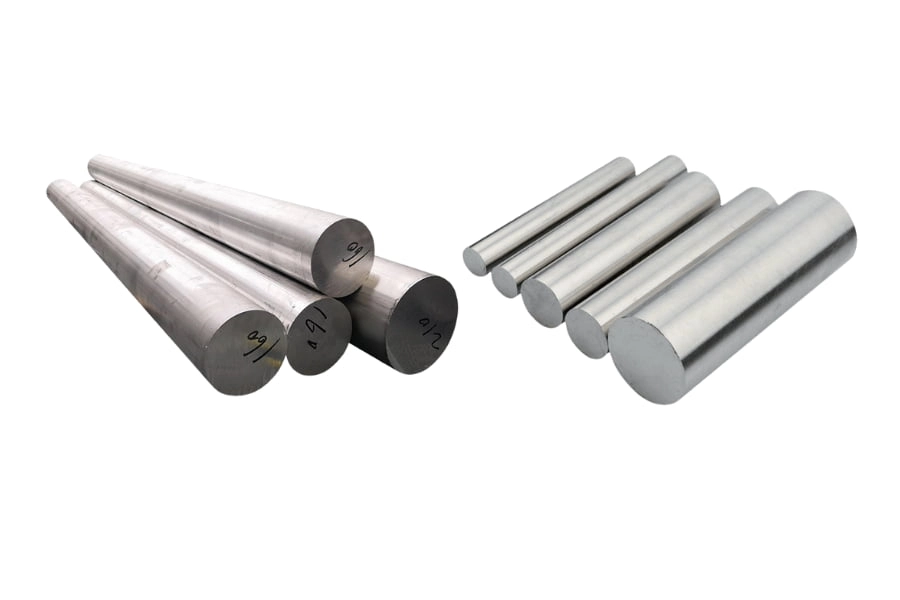
When comparing materials for electrical applications, aluminum and stainless steel are often compared because of their versatility. Both are widely used in industrial and consumer products, however, their electrical conductivity differs significantly.
Factor | Aluminum | Stainless Steel |
Electrical Conductivity | High (ranked 4th among metals) | Very low, poor conductor |
Weight | Lightweight and easy to handle | Heavier and denser |
Cost | Affordable and widely available | More expensive |
Corrosion Resistance | Good, with protective oxide layer | Excellent, resistant to rust |
Applications | Electrical wiring, power lines | Structural, non-conductive tools |
While aluminum is far superior for electrical conductivity and affordability, stainless steel excels in durability and corrosion resistance.
Choosing the right material depends on the specific application—aluminum is ideal for efficient power transfer, while stainless steel works best for structural uses or where conductivity isn’t required.
What Metals are the Best Conductors of Electricity?
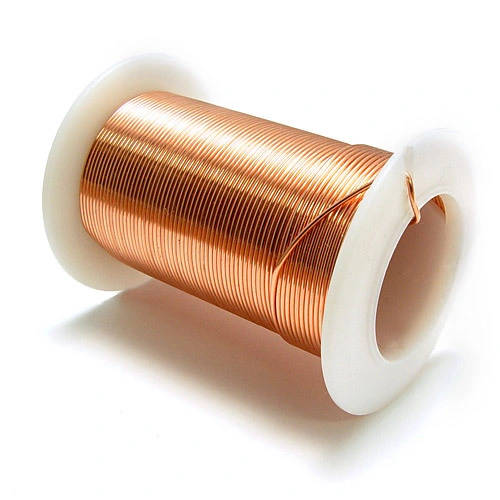
In the metal world, there are products considered to be the best when it comes to electrical conductivity. Ten of which are common names and are easily traceable.
Let’s take a look at the top four metals that are the best in terms of electrical conductivity, as according to ThoughtCo.
Pure Silver (105% Conductivity)
The best and number one metal that’s considered to be the most electrically conductive is silver–pure silver. While pure silver stands out as the best conductor of electricity, its practical applications are limited.
Despite its exceptional ability to transfer electrical current, silver isn’t widely used due to a few key challenges.
One major drawback is tarnishing, which affects performance over time. Tarnish can lead to a phenomenon called the “skin effect,” where high-frequency currents don’t distribute evenly across the conductor’s surface.
Pure Copper (100% Conductivity)
Next on the list is copper. Because of its special set of qualities, copper is one of the metals most frequently used to conduct electricity. Large-scale wiring applications benefit greatly from its pliability and soldering simplicity.
Because it is necessary for motors, transformers, generators, and bus bars, copper is a vital component in the transmission and generation of power. It provides efficient and safe electricity delivery when installed properly.
Beyond industrial use, copper is a go-to conductor in household appliances and electronic devices. Its high conductivity and low resistance to heat loss make it a favorite for microelectronic components, electric circuits, and microprocessors.
NOTE: You’ll find copper in items like TVs, mobile phones, and computers, as well as in wires and electromagnets.
Pure Gold (70% Conductivity)
Gold is well-regarded for its excellent conductivity. It is frequently used in specialized applications like microchips, where gold wires enable reliable connections.
Furthermore, thin gold plating is applied in situations requiring superior resistance to oxidation and corrosion alongside high electrical conductivity.
NOTE: Gold is also the most expensive out of these top four main electrical conductors.
Aluminum (61% Conductivity)
Last but most definitely not least in the list is aluminum. Electrical engineers prize aluminum for its remarkable conductive capabilities that defy traditional metal expectations.
Despite carrying less electrical current by volume compared to copper, aluminum’s weight-to-conductivity ratio makes it a game-changing material in modern infrastructure.
The metal’s strategic advantages extend beyond mere performance. Power transmission networks, satellite communication systems, and electrical grid infrastructure increasingly rely on aluminum’s cost-effective and efficient electrical properties.
Why HDC is the Best Aluminum Manufacturer
Now that you know the answer to the question: does aluminum conduct electricity, what’s the next step? For those who are looking for high-quality aluminum (raw or processed), you can place your full trust in us here at HDC.
For 10+ years, businesses and organizations from all over the globe refer to us for metals and specific components. We’re China’s best supplier of metal parts and components, whether they’re for motorcycles, bicycles, even for automotive components, too.
Wherever you are, you can count on us if you need whatever form, shape, and aluminum component. Contact us and we’ll be more than happy to help you get the aluminum product you need!
Discover more with our blog posts.
Recent Posts
Discover more about our products.
Related Products
Instant Quote!


